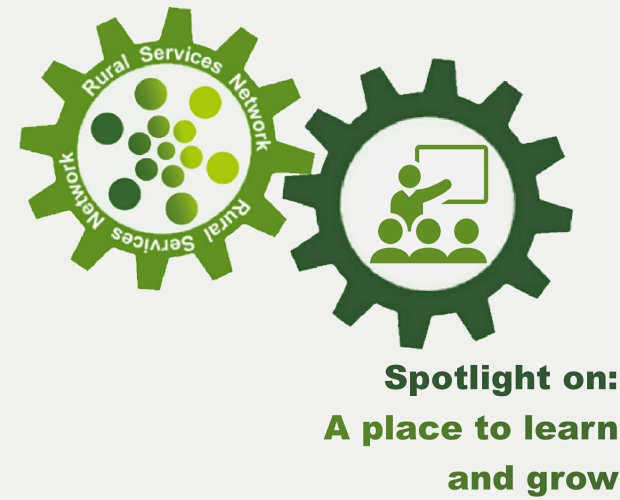T: 01822 851370 E: [email protected]
Visit RSN Survey about life in rural England to find out more.
The educational publication, TES, covers the news that funding problems and falling pupil numbers are increasing the strain on small schools with less than 150 students Teachers’ union, the National Association of Headteachers, held its annual conference last week, during...
The Oxford Mail reports that Layla Moran MP has said that schools are still ‘penny-pinching’ to cover basic supplies despite billions of pounds of promised funding The Oxford West and Abingdon MP is also the Liberal Democrat spokesperson for education....
The RSN is calling on government to produce a fully funded, comprehensive rural strategy. In this strategy there are a number of areas which we believe are linked, and need to be addressed to produce a vibrant rural community. One...
Tes reports on comments by the Shadow Further Education Minister, Gordon Marsden, who has warned that Brexit could lead to communities being excluded from further education Marsden told the education publication that the impact Britain leaving the European Union was...
The Guardian and The Times report that the number of small schools in England has halved since 1980 Small schools in rural and village environments are twice as likely to have closed than in urban areas. According to the House...
Farming UK reports that the Countryside Alliance questioned Conservative leadership candidates Boris Johnson and Jeremy Hunt on the future of rural policy Hunt promised to ‘fast track’ the delivery of rural broadband and said that rural post offices would be...
The Telegraph reports that urban schools make more of an effort to teach pupils about gardening than their rural counterparts. The Royal Horticultural Society (RHS) has said this is because children in cities are less likely to have green space...
Schools Minister Lord Agnew has said that the Government should not pour money into ‘inefficient’ schools, according to Tes Addressing the Confederation of Schools Trusts’ summer conference last week, he said that schools ‘must get their houses in order’ to...
This analysis presents data on estimated percentage of pupils from state-funded and special schools by Free School Meal status who entered Higher Education by age 19. The analysis uses source data from the Department for Education and covers the years...
Tes reports this week on a new study from the Department for Education that finds even ‘successful’ small rural primary schools are still struggling to overcome financial difficulties, and facing challenges recruiting staff and delivering a broad curriculum. The research...
NEWSLETTER
Sign up to receive all our latest news and updates.
HOT TOPICS
Amid reduced public spending, fair resource allocation across regions is crucial. Despite a population larger than Greater London, rural areas receive significantly less funding for essential services, even though delivering these services in rural areas is more expensive.
Economic growth is widely acknowledged as essential for national wealth and prosperity and is a priority for political parties. Rural economies, employing millions and home to a higher proportion of small businesses, have potential for growth if barriers are removed.
Rural residents face distinct healthcare challenges, including limited access to transport, longer distances to medical facilities, an aging demographic, housing inadequacies, digital connectivity gaps, and difficulties recruiting health and care workers.
Rural communities are grappling with a severe affordable housing crisis, marked by high house prices, a lack of affordable housing, elevated living costs, and lower incomes, threatening their sustainability and vitality.
Transport is vital for the quality of life and economic health of rural areas, yet it faces challenges such as infrequent public bus services and less Government funding compared to urban regions.
Rural areas, encompassing a substantial portion of England's population and land, play a pivotal role in combating climate change and achieving the net zero target.
In an increasingly digital world, the lack of robust digital infrastructure in rural areas severely limits access to crucial services and stifles economic growth.
A future-focused vision for rural communities involves not just building the right homes in the right places but also ensuring thriving, sustainable communities.
SIGN UP TO OUR NEWSLETTER
Sign up to our newsletter to receive all the latest news and updates.









